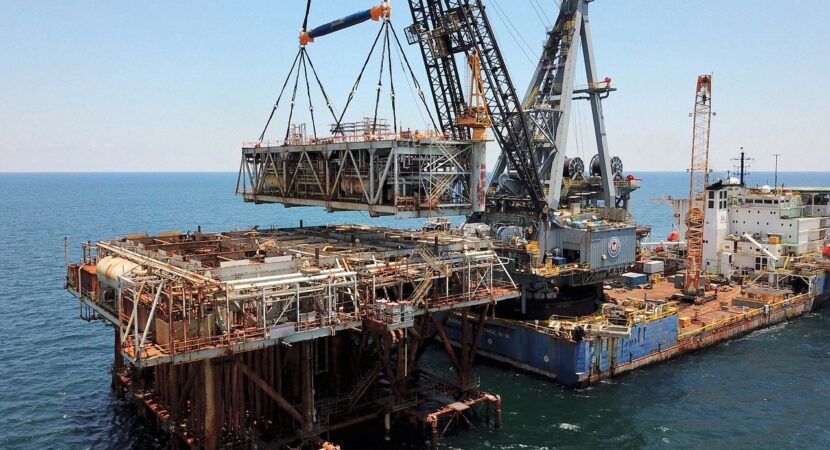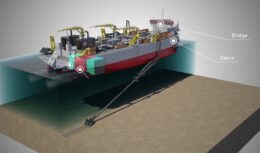
Understanding the decommissioning of oil installations through Felipe Kury, former director of the ANP
The decommissioning of oil installations involves restoring the operating site, making it safe and as close as possible to its original state. This includes shutting down facilities, abandoning wells permanently, removing facilities, and handling materials, waste, and tailings appropriately. The main focus is the environmental recovery of the area.
The role of the ANP and the challenges in Brazil
The National Agency of Petroleum, Natural Gas and Biofuels (ANP) is responsible for regulating and supervising the activities of decommissioning in Brazil, along with other environmental agencies.
The challenge is to ensure preservation and operational security during the process, which can take several years and require significant logistical, financial and administrative resources.
According to the ANP, between 2022 and 2026, the investments planned for decommissioning activities are estimated at around BRL 51,5 billion, with most of it concentrated in the maritime environment.
The basins that concentrate most of these activities are Add more, Sergipe, Santos, Potiguar and Recôncavo.
Geographic challenges and limited experience
Most relevant Brazilian oil fields are located in deep or ultra-deep waters, requiring specialized and complex infrastructure.
Furthermore, the decommissioning industry in Brazil is still developing, especially compared to other regions such as the North Sea and the Gulf of Mexico, which limits the country's experience in large-scale projects.
One of the main challenges is the legislation that involves many public agents and specific regulations. The complexity of the activity and the regulations of the environmental agencies still lack objectivity, simplicity and speed, which can inhibit new investments.
Another concern is the requirement for total or partial removal of facilities, especially in deep and ultra-deep waters, where the environmental impact of removal may be greater than maintaining them.
Opportunity for Brazil in the naval industry
Responsible and efficient decommissioning, with the objective of properly disposing of production units and subsea structures, tends to increase significantly in the coming years.
Brazil has the opportunity to assume a position of prominent in the marine industry, as long as it builds a long-term strategic vision and promotes the coordination of public agents, guaranteeing legal security, predictability and stability to attract new investments.
In some cases, oil platforms can be reused for other purposes, such as artificial reefs, meteorological stations, research centers, energy production sites and CO2 storage, among other destinations.
This offers additional opportunities for the shipping industry and for Brazil to take advantage of the potential of decommissioning oil facilities.
Strengthening local infrastructure and capacity
To make the most of the potential of the decommissioning sector, it is crucial that Brazil invest in infrastructure development and local capacity building.
This includes forming partnerships with specialized foreign companies and transferring technology to help the local industry grow and become more competitive on the global stage.
Socioeconomic impact of decommissioning
The decommissioning industry can generate jobs and contribute to economic growth in Brazil. The demand for specialized services and the creation of new business opportunities can drive the development of new skills and the generation of quality jobs in the shipbuilding industry and related sectors.
Responsible decommissioning is essential to ensure environmental sustainability as the lifespan of oil fields and platforms in Brazil nears its end.
Planning and proper allocation of financial resources are essential to ensure that decommissioning activities are carried out efficiently and with the least possible impact on the environment.
Fostering innovation and research
The decommissioning industry can benefit significantly from innovation and research as new technologies and approaches are developed to make the process more efficient and environmentally sustainable. Brazil can position itself as a leader in the development of new solutions and technologies for decommissioning, stimulating innovation and collaboration between industry, academia and government agencies.









TO COMPLETE THESE THEY PUT GENERAL WATERMELON🍉 TOMÁS…
Approved. Where to find? What is the estimated price?…
WHAT A DISSERVICE! The solution to waste…
Very cool!
35 tons of gold went to…
Throwing a lot of rubbish into the sea...
The right is extremely trustworthy. Kkkkkkkkkkkkkk
I already have experience but...